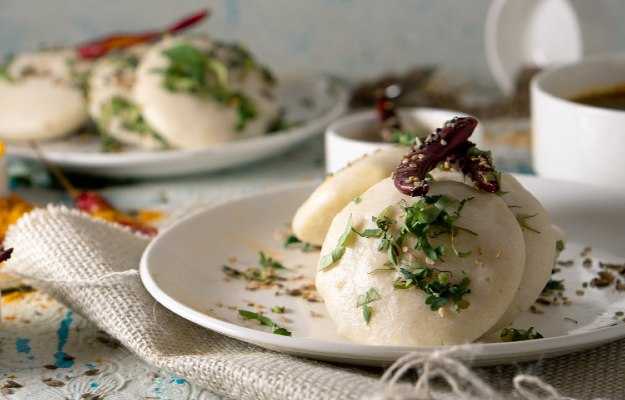Fermentation is an old “cooking” method used to preserve foods and drinks long before the days of refrigeration. These foods are really delicious and beneficial for health as well.
Common Indian fermented foods include dosa and idli (made with fermented rice and pulses batter), gundruk, sinki, iniziangsang, iromba, fermented rai, kanjika and handua, dhokla, and jalebi among others.
Cheese, yoghurt, bread, kimchi, kefir milk, kombucha tea and wine are also fermented foods. Indeed, fermentation is a crucial step for making all alcohol meant for human consumption, including Indian toddy and alcoholic mahua drinks.
You might have had probiotic milk; this is typically fermented milk to improve gut health. An easy test to know what is fermented: almost anything that is slightly sour and fizzy (bubbly) is likely to be fermented.
In this article, we will discuss the process of fermentation, why we should eat fermented foods, the health benefits of fermented foods, and potential side effects of fermented foods.
















